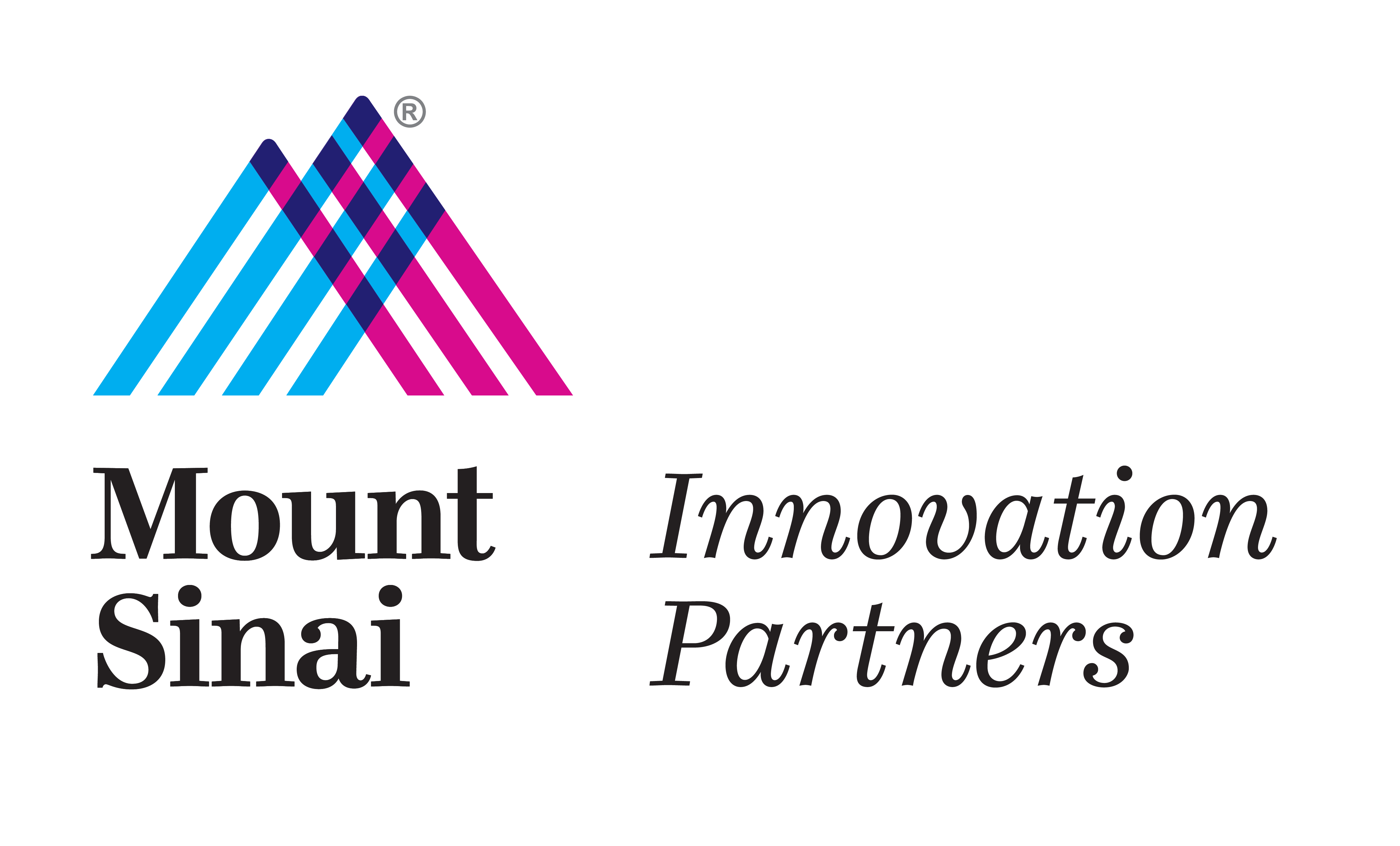Pulmonary arterial hypertension (PAH) commonly results from heart failure in the left side of the heart or from a pulmonary embolism, when a blood clot in the leg travels to the lungs and cause blockages. When the lung is damaged from these conditions, the tissue starts to quickly produce new and enlarged cells such as vascular smooth muscle cells, which narrows pulmonary arteries and increases the pressure inside them. The high pressure in these arteries resists the heart’s effort to pump through them and the blood flow between the heart and lungs is reduced. The right side of the heart then must overcome the resistance and work harder to push the blood through the pulmonary arteries into the lungs. Over time, the right ventricle becomes thickened and enlarged and heart failure develops.
Currently available drug therapies, including endothelin receptor antagonists, prostacyclin agonists, and modulators of the nitric oxide/cyclic guanosine monophosphate pathway have been developed to ameliorate disease symptomatology by targeting one of three main signaling pathways found to be deficient in PAH. While several compounds belonging to the aforementioned drug classes have shown benefit in randomized clinical trials, these studies also highlight a number of unresolved issues related to existing pharmacological strategies in PAH. These include: 1) the lack of evidence of long-term clinical efficacy; 2) uncertainty regarding the effects of drugs on limiting or reversing vascular remodeling in the presence of established disease; 3) the risk of serious adverse effects that limit dose escalation and within or between class combination therapy; and 4) the high cost of long-term treatments. Thus, novel approaches that focus on new disease targets and signaling pathways, utilize specific agents that achieve sustained pulmonary vascular effects, and offer ease of delivery are needed.
Dr. Roger Hajjar, Director of the Cardiovascular Research Center and the Arthur and Janet C. Ross Professor of Medicine at the Mount Sinai School of Medicine, has discovered a novel mechanism to treat this disease. In both animal models and samples from patients with human PAH, pulmonary tissue shows reduced expression of the cardiac sarcoplasmic reticulum calcium ATPase pump, SERCA2a, an enzyme critical for proper pumping of calcium in calcium compartments within the vascular smooth muscle cells. When these vascular smooth  muscle cells begin to proliferate under pathological conditions, SERCA2a expression is reduced. In addition, overexpression of SERCA2a in endothelial cells results in increased nitric oxide release and vasodilation of the arteries. In PAH animal studies, an exogenous SERCA2a gene via gene therapy using AAV1.SERCA2a (Adeno-Associated Vector type 1 carrying SERCA2a) has introduced a healthy SERCA2a gene into pulmonary cells using a nebulizer-like inhalation device. AAV1.SERCA2a has demonstrated evidence of PAH reversal in rat and pig models of severe pulmonary hypertension. In a pig model of PAH, a single dose inhaled tracheal delivery of AAV1.SERCA2a resulted in significant decrease in mean pulmonary arterial pressure, reduction in pulmonary vascular resistance, improvement in RV function, reduction in the Fulton index ((RV/(LV+Septum)) and negative remodeling of the pulmonary arteries over a two month period. In this same pig model, Dr. Hajjar and his team have found that a one-time inhalation with AAV1.SERCA2a reduces mortality over a six-month period (see figure).
muscle cells begin to proliferate under pathological conditions, SERCA2a expression is reduced. In addition, overexpression of SERCA2a in endothelial cells results in increased nitric oxide release and vasodilation of the arteries. In PAH animal studies, an exogenous SERCA2a gene via gene therapy using AAV1.SERCA2a (Adeno-Associated Vector type 1 carrying SERCA2a) has introduced a healthy SERCA2a gene into pulmonary cells using a nebulizer-like inhalation device. AAV1.SERCA2a has demonstrated evidence of PAH reversal in rat and pig models of severe pulmonary hypertension. In a pig model of PAH, a single dose inhaled tracheal delivery of AAV1.SERCA2a resulted in significant decrease in mean pulmonary arterial pressure, reduction in pulmonary vascular resistance, improvement in RV function, reduction in the Fulton index ((RV/(LV+Septum)) and negative remodeling of the pulmonary arteries over a two month period. In this same pig model, Dr. Hajjar and his team have found that a one-time inhalation with AAV1.SERCA2a reduces mortality over a six-month period (see figure).
Current Development Status
- Pre-clinical development
Applications
- Treatment and prevention of pulmonary hypertension
Advantages
- Critical role of SERCA2a function for pulmonary hypertension patients
- Prevention and amelioration of pulmonary vascular remodeling and right ventricular myocardial dysfunction
- Reduction in arterial pressure
Publications
- Aguero J., et al. “Intratracheal gene delivery of SERCA2a ameliorates chronic pulmonary hypertension in a large animal preclinical model.” Journal of American College of Cardiology 2015 (in press).
- Hadri L. et al. “Therapeutic Efficacy of AAV1.SERCA2a in Monocrotaline-Induced Pulmonary Arterial Hypertension.” Circulation. June 2013. pp. 512-23.
- Lipskaia L. et al. “Benefit of SERCA2a gene transfer to vascular endothelial and smooth muscle cells: a new aspect in therapy of cardiovascular diseases.” Current Vascular Pharmacology. July 2013. 11(4): pp.465-79.
Patent Status
- PCT/US2011/032551 filed April 14, 2011
Contact
Idoia Gamez, PhD, MBA
Business Development Director
Mount Sinai Innovation Partners | Icahn School of Medicine at Mount Sinai
Phone: 646.605.7317

